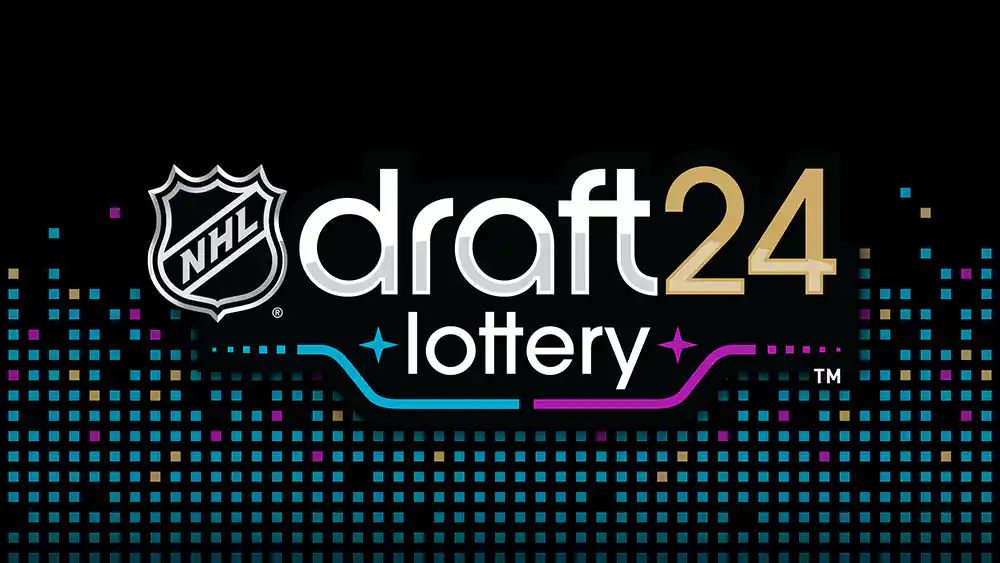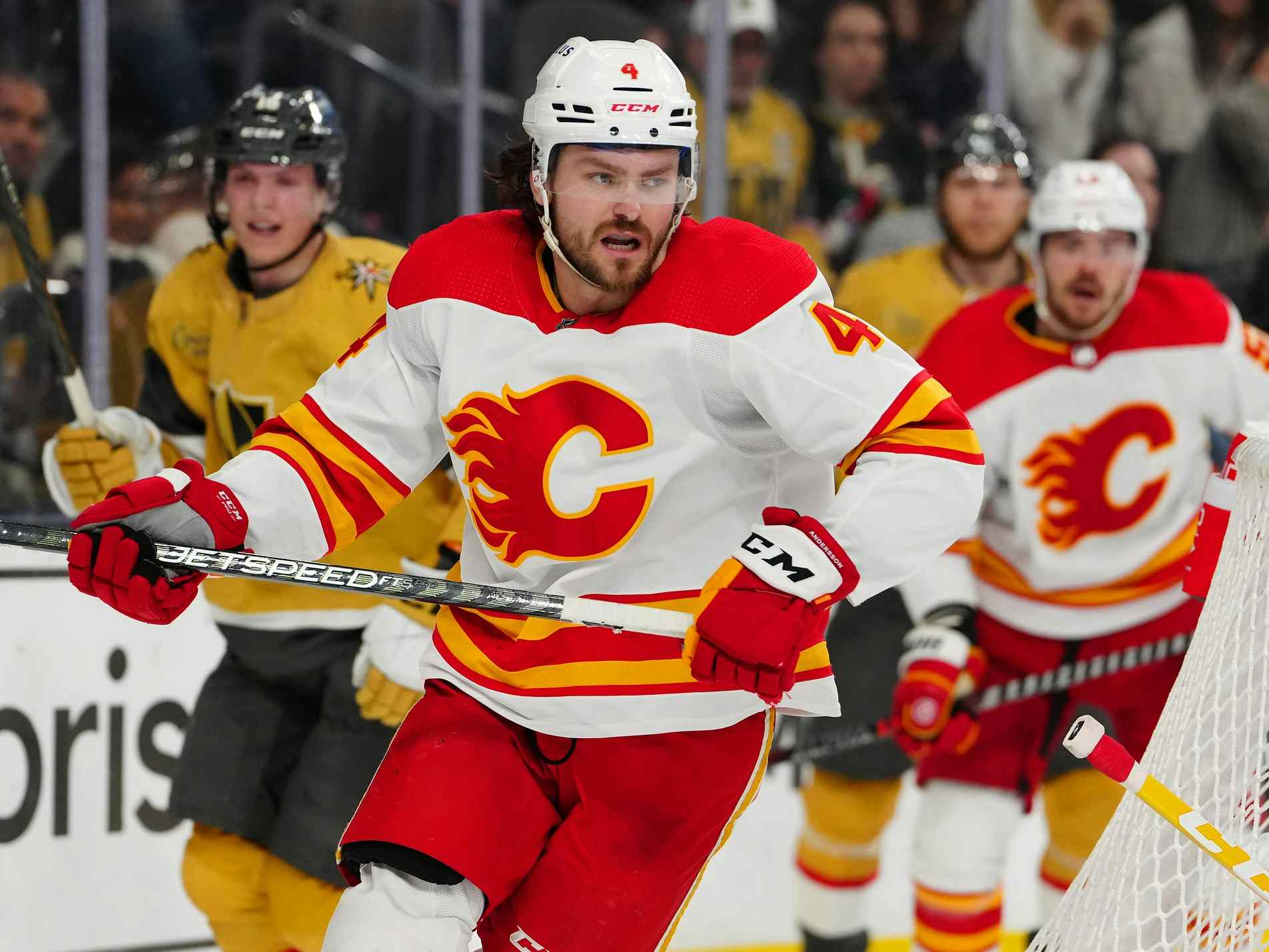Random Thoughts – For Feaster This is the Easy Part
By Kent Wilson
10 years ago
Christian’s lengthy defense of Jay Feaster has garnered a lot of comments, but I’d nevertheless like to add a few more here.
I’ll start by saying Feaster’s tenure is brief enough that the fairest grade we can assign him is "NA", or incomplete. Feaster has only been in the big chair since the middle of 2010 and much of his work was done while struggling beneath the wreckage of Darryl Sutter’s descent into madness. Because of the make-up of the team when he took the reins, as well as some budget issues and the recent lock-out, the Calgary Flames have only played about two seasons worth of games during Feaster’s watch. That’s not a lot of information and opportunity for a manager to work with.
– In regards to the improvement of the Flames prospect depth and quality under Feaster, I’m personally reluctant to assess that a as a sign of management competence. For two reasons:
1.) We don’t actually know how good the current crop of prospects is. The hope and hype surrounding kids tends to peak in their draft+1 and draft+2 seasons, because they are still, in many ways, blanks slates upon which fans can project their future hopes. It’s only when they start falling at major hurdles like turning pro that grim reality starts to take hold.
It’s possible the Flames have a bunch of future NHLers in the pipeline for the first time in a more than decade. It’s also possible many of these kids turn out to be replacement level or worse. We won’t really know how good the system is for a few years.
2.) Icing a lousy team, trading players for draft picks and stocking the cupboards is the easy part of rebuild. Pretty much anyone in the league can run the ship aground, move stars for futures and then pick quality prospects in the first round. Once the long overdue decision to start fresh was finally made this past season, Calgary’s prospect base was going to seemingly improve as a matter of course, whether Jay Feaster or Aaron the equipment boy was running the team. Gathering picks and kids with current assets is the big, obvious first step that any NHL manager takes. It’s the operative genesis of a rebuild.
Where things get interesting and where true managerial competence is required is lifting the club out of the basement and making it into a competitor again. As Steve Tambellini ably demonstrated in Edmonton, pretty much anyone can stink and stock the cupboards – it’s taking those new assets and forging a winner that is the real test. And so it will be for the Feaster regime as well.
– Perhaps the one area where I can give Feaster and company truly high marks is the 2011 entry draft. Although point number one from above still applies to some degree, the Baertschi draft batch is tracking to be one of the best in a long time for the organization. Sven at 13 overall is probably a big enough win to float any one year, but the Flames also chose Markus Granlund, Tyler Wotherspoon, John Gaudreau and Laurnet Brossoit with their other four picks that June.
Baertschi and Gaudreau are both top-3 prospects in the Flames sytem no matter who you ask, while the rest of the 2011 class all easily slide into the clubs top-15 ranking. That’s as consistent and talent-dense a draft performance you’re likely to see in the NHL.
Of course, it’s entirely possible none of those guys besides Baertschi will make the show for a variety of reasons, but chances are the Flames get at least three regular NHLers out of the five picks from 2011, with the non-trivial possiblity more than one of them will be high impact.
– In contrast, Feaster has made some moves during his time in Calgary that have made me question some of the processes that may be in place in the upper office. The summer that both Brendan Morrison and Anton Babchuk went to free agency I figured both represented a good test of whether Feaster was operating under solid principles. He re-signed both guys, failing the tests.
Neither contract was bad enough to be overly damaging, but it showed that the org either wasn’t considering the right data or was satisfied with making superficially plausible signings rather than efficient ones. Even more annoying about the Babchuk contract in particular was the nonsensical inclusion of a NTC and the fact that Feaster;s coach at the time clearly had very little use for the player in question. Brent Sutter stapled Babchuk to the bench more or less from game 1 the following season, which makes me wonder to what degree the management looped in the coaching staff before inking a guy to $5M in guaranteed money.
Feaster failed a similar test last off-season when he re-signed Cory Sarich to a two-year, Babchukian type deal (which has since been deatl to COL). There ave been other red flags: the needless trade for the entirely useless enforcer PL3, acquiring and re-signing McGrattan, the Modin deal, the Richards gambit and attendant insistence that he, Iginla and Tanguay could have been one of the highest scoring trios in the league (an absurd claim, even at the time).
None of those things in isolation or even cumulatively were truly problematic. It’s just so much ineffectual flailing around without a meaningful underlying principle or purpose that it makes me wonder just what information management is looking at to inform their decisions (and how they are weighting that info). Sometimes good bets and worthwhile gambles don’t work out for whatever reason, but no one really needed the benefit of hindsight to see that most of those decisions probably weren’t going to work out. That is: they were obviosuly poor bets from day one.
– Finally, my main concern with Feaster et al is how completely they seemingly misread the quality of the hockey club prior to the ship inevtiably sinking. When Calgary rebounded in 2010-11 after Sutter was dismissed, Feaster had the opportunity to move bodies at the deadline but instead opined that he "owed it to the players to give them another shot" (not verbatim), which I noted was ill-advised at the time.
Before the Flames sank inexorably to the bottom of the standings this year, there was a lot of Darryl Sutter-type "business as usual" operating from the front office, even though it became clearer with each passing day that the roster had major, intractable flaws and that a drastic change of strategy was needed. Another example: Feaster had the opportunity to move Kiprusoff in the summer of 2012 with the aging ‘tender coming off of one his best seasons in recent memory with the corollary being he was a bad bet to replicate that performance. Instead, the club hung on, Kipper’s fell on his face, his league wide stock became worthless and the result was a former cornerstone asset being completely drained of value for good purpose whatsoever.
Of course, it’s entirely possible (probable?) Feaster was operating under a pretty strict mandate of "compete now, no rebuild" which would have tied his hands significantly. That’s the reason I am willing to give the Flames new management group the benefit of the doubt before I start actively condemning them. The events of last season made the rebuild inevitable whatever marching orders Feaster may have had from on high. Darryl’s long shadow no longer darkens the roster and the need to "win now" is gone.
It’s a clean slate for Feaster et al. We will soon know what they’re made of.
Recent articles from Kent Wilson





